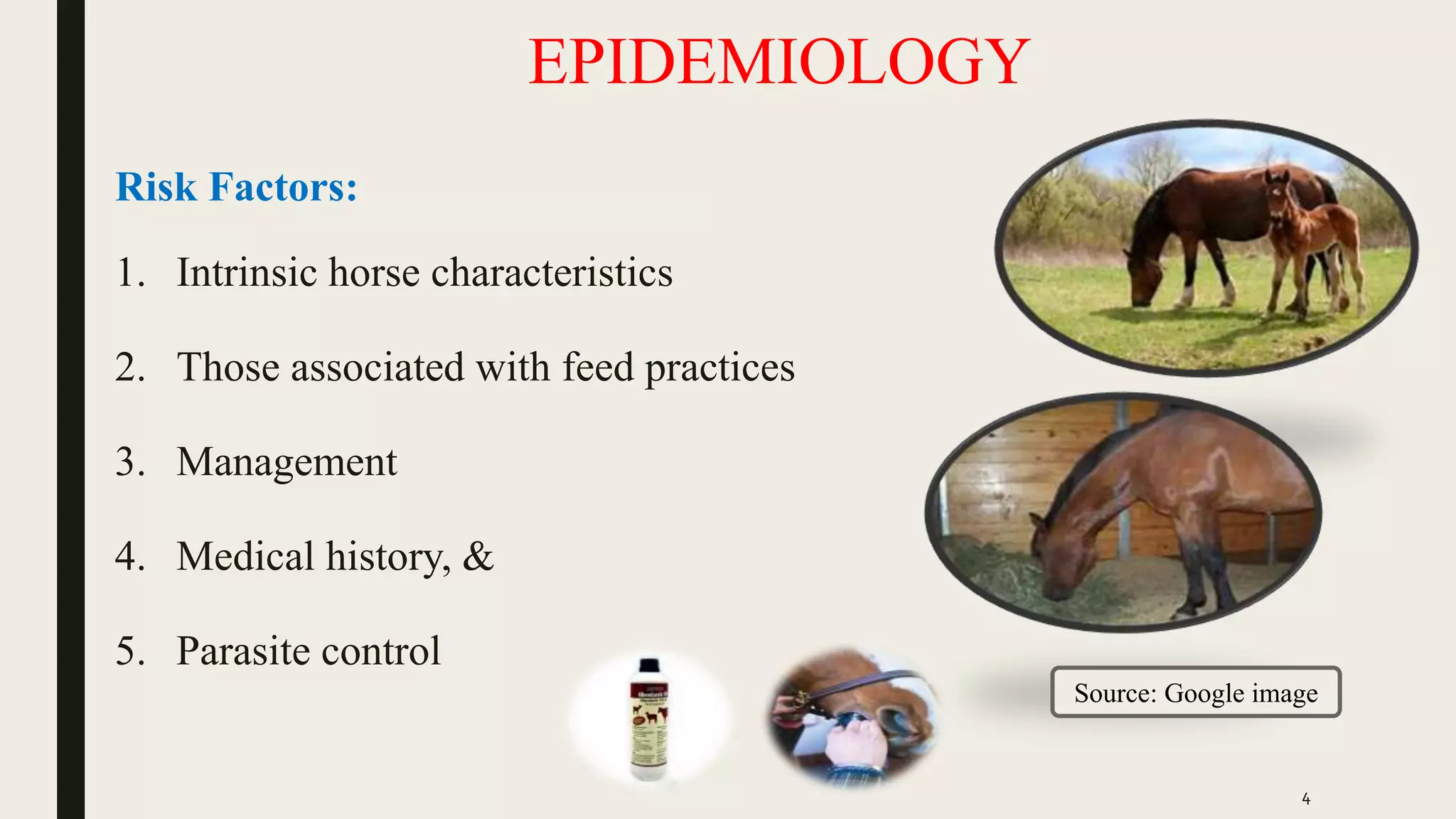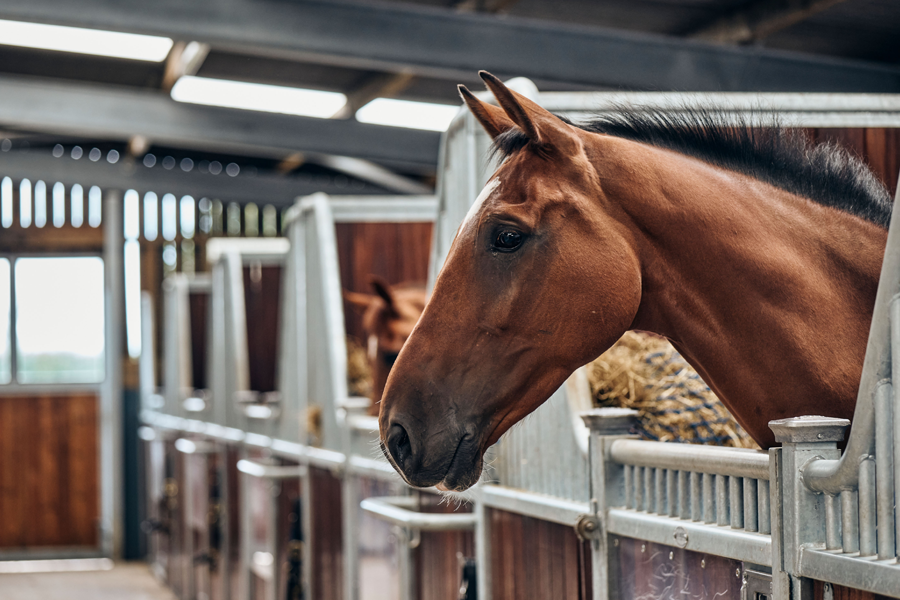Colic Prevention: Early Warning Signs to Watch for in Your Horse

Colic is a serious and potentially life-threatening condition in horses that requires immediate attention. Preventing colic starts with understanding the early warning signs and taking proactive measures to keep your horse healthy. This article will guide you through the key indicators of colic, prevention strategies, and how to respond if you suspect your horse is affected.
What is Colic?
Colic refers to abdominal pain in horses, which can be caused by various gastrointestinal issues such as gas buildup, impaction, or twisted intestines. Recognizing colic early can significantly improve the chances of successful treatment.
Early Warning Signs of Colic
Identifying colic early is crucial. Watch for these symptoms:
- Restlessness and Pawing: Your horse may repeatedly paw at the ground or shift weight frequently.
- Looking at the Flank: Horses often look or bite at their sides when in discomfort.
- Sweating: Excessive sweating without obvious cause can indicate pain.
- Lack of Appetite: Refusing to eat or drink is a common sign.
- Rolling or Lying Down Frequently: Attempts to find relief from pain.
- Changes in Gut Sounds: Reduced or absent gut sounds can signal digestive issues.
- Increased Heart Rate and Respiratory Rate: Elevated vital signs often accompany pain.
Prevention Strategies
Preventing colic involves management practices that promote digestive health:
| Prevention Tip | Description |
|---|---|
| Consistent Feeding Schedule | Feed your horse at regular times to avoid digestive upset. |
| High-Quality Forage | Provide fresh hay and avoid moldy or dusty feed. |
| Adequate Water Intake | Ensure constant access to clean, fresh water. |
| Regular Exercise | Promote healthy gut motility through daily activity. |
| Avoid Sudden Diet Changes | Introduce new feeds gradually over 7-10 days. |
| Deworming and Dental Care | Maintain parasite control and dental health. |
What to Do if You Suspect Colic
If you notice signs of colic:
- Call Your Veterinarian Immediately: Early intervention is critical.
- Remove Feed: Take away food but allow access to water.
- Monitor Your Horse: Keep track of symptoms and vital signs.
- Avoid Excessive Walking: Gentle movement can help, but avoid overexertion.
Frequently Asked Questions (FAQ)
Q: Can colic be prevented entirely?
A: While not all colic cases can be prevented, good management significantly reduces the risk.
Q: How quickly should I act if I suspect colic?
A: Immediate veterinary attention is essential to prevent complications.
Q: Are certain horses more prone to colic?
A: Yes, factors like age, breed, and previous colic episodes can increase risk.
By staying vigilant and informed about the early warning signs and prevention methods, you can help ensure your horse remains healthy and comfortable. Remember, prompt action can save your horse’s life.
